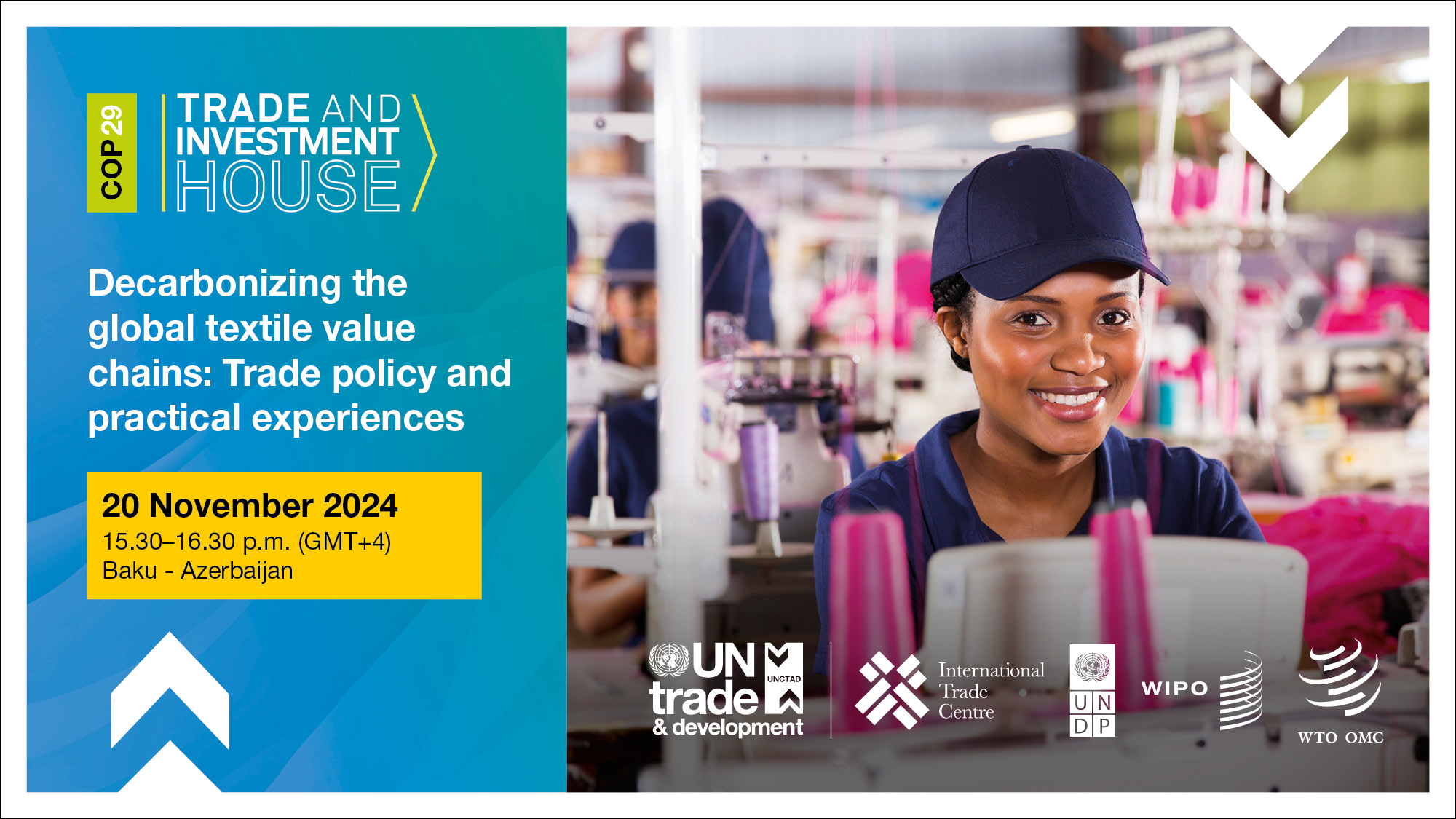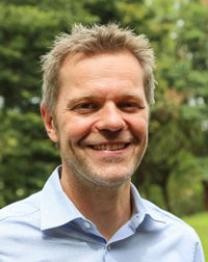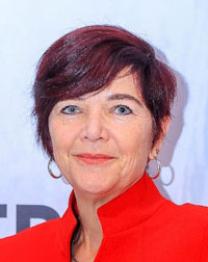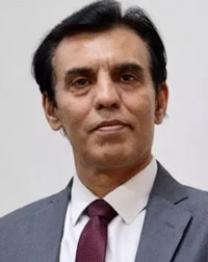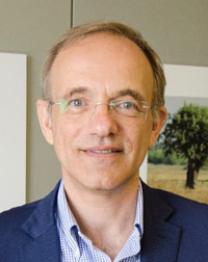The textile industry, valued at $1.6 trillion in 2023, is projected to reach $3.3 trillion in 2030. This labor-intensive sector provides huge employment opportunities, with women constituting around 75% of the global workforce.
However, this energy-intensive industry also has significant environmental and social impacts. It contributes to 2-8% of global greenhouse gas emissions, consumes 215 trillion liters of water usage annually, and accounts for 9% of annual synthetic microfiber pollution. While purchasing textiles and clothing has become more affordable with production approximately doubling between 2000 and 2015, consumer usage has decreased. Garments are worn 36% less than 15 years ago, used 7-10 times before disposal.
This results in $500 billion in lost value each year due to insufficient reuse and recycling. However, doubling the average use of a garment could reduce GHG emissions by 44%. Global greenhouse emissions are also exacerbated due to international trade of two important aspects of new and second-hand clothing markets.
First, trade of secondhand textiles poses environmental and social challenges that threaten this important reuse market, especially in the global south. Second, the lack of transparency about how textiles are produced, including whether renewable energy or low-emission methods are used.
This session will explore trade policy solutions to decarbonize textile value chains, addressing both new and second-hand garments, and how governments are responding to the fast fashion trend with policies aimed at reducing environmental harm while promoting sustainable development in this industry.
Agenda
Moderator: Niklas Hagelberg, UN Environment (UNEP)
- Chantal Line Carpentier, UN Trade and Development (UNCTAD)
- Abid Qaiyum Suleri, Executive director of Sustainable Development Policy Institute (SDPI)
- Jesper Wohlert, European Partnerships Director of Humana People to People
- Yasmin Ismail, Senior Policy Advisor, Trade, Climate & SDGs, Forum on Trade, Environment & the SDGs (TESS)
Niklas Hagelberg is a Senior Programme Officer at UN Environment where he is the Coordinator of UN Environment's subprogramme on Climate Change. Niklas work includes setting the strategic direction of the subprogramme, programme oversight and progress review and fundraising.
Previously Niklas worked as Coordinator for the Healthy and Productive Ecosystems subprogramme. In the Natural Resources Branch at UN Environment, his responsibilities included building a project portfolio on forests and integrated landscape management. Niklas was also part of the team that established the global UN-REDD programme and UN-REDD country programmes in Tanzania and Vietnam.
Prior to joining UN Environment, Niklas worked with various organizations in the development sector including a small NGO, a consultancy company and WWF. His work included forest certification, forest conservation, good governance, rural development, monitoring & evaluation of development programmes and projects. He worked in Tanzania and Ghana before moving to Kenya.
Niklas has a M.Sc. in Forestry.
Chantal Line Carpentier joined UN Trade and Development (UNCTAD)'s Division on International Trade and Commodities (DITC) in 2014, after serving as Chief, UNCTAD New York Office of the Secretary-General. She brings to the Branch over 25 years of work experience in international trade, and environmental and agro-economics.
Prior to working with UNCTAD, she supported the Commission on Sustainable Development and served as Major Groups (of non-State actors) coordinator for the UN Rio+20 Conference and the SDGs negotiations at the United Nations Department of Economic and Social Affairs (UNDESA). She also supported the sustainable consumption and production and sustainable agriculture negotiations.
As Head of the North American Free Trade Agreement Commission for Environmental Cooperations, she lead work on the nexus of environment, economy, and trade. She also served as Agro-environmental Policy Analyst for Winrock International, and post-Doctoral fellow/Brazil office manager for the International Food Policy Research Institute.
She has an extensive list of publications on sustainable agriculture, trade and environment, sustainable consumption and production, financing for sustainable development, stakeholder engagement, global value chains, micro, small and medium enterprises, and economic empowerment of women.
She obtained a PhD. in Agro-Environmental Economics from Virginia Technology and MSc. and BSc. from McGill University.
Dr Abid Qaiyum Suleri is the executive director of Sustainable Development Policy Institute (SDPI). He is a leading expert on sustainable development, political economy of public policy, food security, and climate change. He serves in various international and national policy-making forums and has represented Pakistan in several official and civil society delegations at the global level.
Dr Suleri is currently a member of the International Advisory Committee of COP29 (an advisory body to the COP29 Presidency), the Advisory Council of Asian Development Bank Institute, the Pakistan Climate Change Council, the Board of Directors of the National Disaster Risk Management Fund (NDRMF), the Board of Directors of Benazir Income Support Program (BISP), and the Board of Governors of National School of Public Policy.
Previously, he was a member of the Prime Minister’s Economic Advisory Council/National Economic Advisory Council for three terms (2013-2022), the National Advisory Council of the Planning Commission of Pakistan for two terms (2013-2022), and Coordinator of the Prime Minister’s Agriculture Transformation Plan (2021-2022). He also served on the Government of Punjab’s Vice Chancellors’ Search Committee for Agricultural Universities, a member of the Finance Minister’s Task Force on the Effectiveness of Social Safety Nets (2016-17), the Board of Management (Board of Directors) of Pakistan State Oil (2009-2011), and four judicial commissions on environmental issues formed by the Supreme Court of Pakistan, Islamabad High Court, and Lahore High Court.
Dr Suleri is a member of the Permanent Organizing Committee of the South Asia Economic Summit. He was also a member of the Advisory Board of the CAREC (Central Asia Regional Economic Cooperation) Think-Tank Network and a co-chair of the Board of Climate Action Network, South Asia, for two terms. He was the lead expert for the World Economic Forum’s “Transformation Mapping” initiative from Pakistan.
Dr Suleri has participated in various international events, such as the UN Sustainable Development Summit, the UNFCCC Conference of Parties (COPs), and WTO Ministerial Conferences. He is a regular guest speaker and delivers lectures on different aspects of sustainable development to career civil servants, officers of the armed forces, and parliamentarians. He is an acclaimed writer, who publishes in academic journals as well as mainstream print and electronic media. He is Editor-in-Chief of SDPI's peer-reviewed journal: “Journal of Development Policy, Research, and Practice,” and a series editor of Springers’ South Asia Economic and Policy Studies.
Dr Suleri earned his PhD in Food Security from the University of Greenwich, UK.
Jesper Wohlert has more than 25 years’ experience in development cooperation and NGO management.
He is currently the European partnerships director of Humana People to People, a network of global development and nongovernmental organizations working with local communities to tackle the world’s most pressing social and environmental problems.
Each year, Humana People to People members collectively reach almost 15 million people worldwide, empowering positive change through development cooperation for the world’s most vulnerable and their communities.
Humana Spain is the national member of Humana People to People.
Yasmin Ismail est conseillère politique principale au Forum sur le commerce, l'environnement et les ODD (TESS) et experte indépendante en matière de commerce numérique.
Elle apporte au TESS 15 ans d'expérience professionnelle combinée dans la gestion de projets, les relations internationales et la recherche politique dans les domaines du commerce, du droit et du développement.
Ses recherches sur le commerce et l'environnement se sont concentrées sur les liens entre les régimes du commerce et du changement climatique et ont porté sur des questions telles que le traitement spécial et différencié et la responsabilité commune mais différenciée, l'aide au commerce et le financement du climat, ainsi que l'intégration des politiques commerciales dans les contributions déterminées au niveau national.

